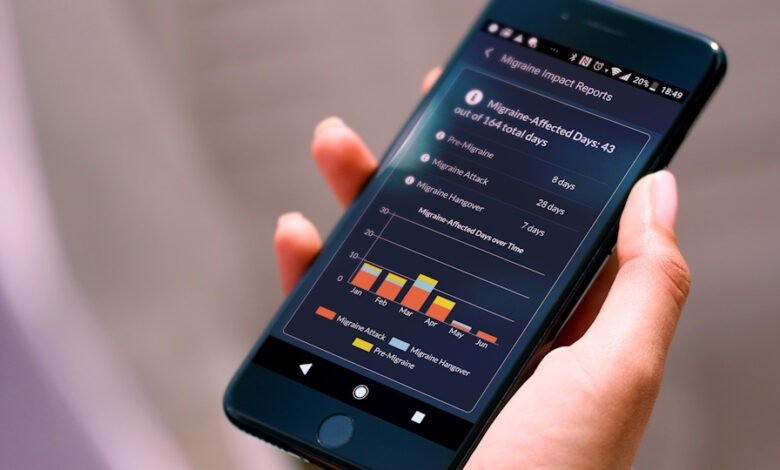Aptar buys digital health partner Healint

More evidence of consolidation in the digital health category has come with the news that Aptar has bought Singapore’s Healint, which develops patient support apps as well as software to help run virtual clinical trials and patient registries.
Aptar Digital Health, part of AptarGroup, said the takeover will “broaden its portfolio in neurology and strengthen its global footprint for digital health deployment,” adding that one of its first post-merger priorities will be to scale up Healint’s platform in new indications in neurology and immunology.
The financial terms of the deal have not been disclosed, and integration of the two companies will start immediately, according to Illinois-based Aptar, a drug delivery specialist that was known for connected devices and bolstered its position in the digital health category through the acquisitions of digital respiratory health specialist Cohero in 2020 and digital therapeutics (DTx) developer Voluntis in 2021.
Aptar and Healint have been working together since April 2023, when they formed a partnership to provide support to pharma partners that aimed to use digital technologies to help patients with neurological conditions.
It is the second major acquisition in the digital health category this week, coming after DarioHealth bought Twill in a deal valued at more than $30 million yesterday.
The two deals come amid expectations of increased consolidation in the sector, where many companies have struggled to create sustainable businesses as a result of volatile revenue generation and access to investment capital has been curtailed.
Founded in 2013, Healint has developed the Migraine Buddy and Clarrio mobile apps, which support patients suffering from neurological and immunological conditions, but built its business on the back of virtual clinical trial management platform HeaClin and artificial intelligence-powered technology that can collect, analyse and interpret vast amounts of patient-generated data.
“With Healint, we now have the in-house expertise to cover the entire lifecycle of a drug, positioning Aptar Digital Health as a prominent leader in digital health for central nervous system conditions,” said Sai Shankar, president of Aptar Digital Health.
Earlier this month, the company entered into an enterprise-level agreement with Biogen for the development of digital health technologies for neurological and rare diseases, which saw apps like Cleo/Aby for patients with multiple sclerosis and Physio.me for neuromuscular disease patients transferred to Aptar.
Healint founder and chief executive François Cadiou said the joining of the two companies will “accelerate the development of our AI-powered precision medicine [software as a medical device (SaMD)] designed to augment existing treatment, thanks to unique datasets and scientific expertise.”
Source link
#Aptar #buys #digital #health #partner #Healint